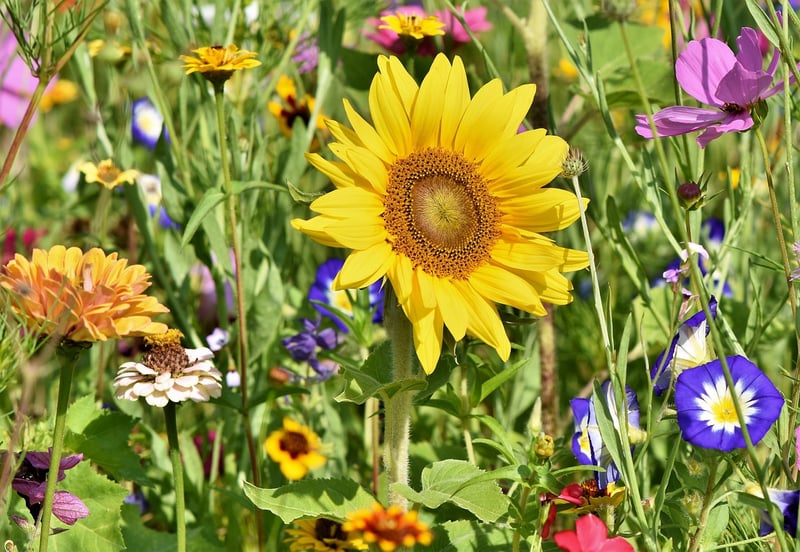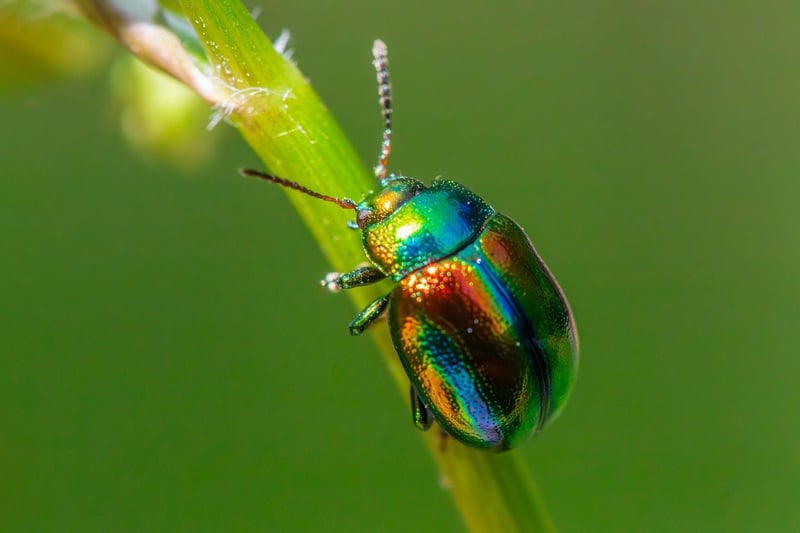Pest management
Keeping Your Plants Healthy: Effective Pest Management Tips
Plants are a beautiful addition to any home or garden, but keeping them healthy and pest-free can sometimes be a challenge. With the right knowledge and strategies, you can ensure your plants thrive and remain free from harmful pests. Here are some effective tips for maintaining healthy plants through proper pest management:
1. Regularly Inspect Your Plants
Make it a habit to inspect your plants regularly for any signs of pest infestation. Look for chewed leaves, discoloration, or sticky residue, which are common indicators of pests.
2. Maintain Good Plant Hygiene
Keep your plants healthy by ensuring they receive adequate sunlight, water, and nutrients. Healthy plants are more resistant to pests and diseases.
3. Use Natural Pest Control Methods
Avoid using harsh chemicals that can harm beneficial insects and the environment. Opt for natural pest control methods such as neem oil, insecticidal soap, or introducing beneficial insects like ladybugs.
4. Remove Infected Plants
If you notice any plants that are severely infested with pests and diseases, remove them immediately to prevent the spread to other plants.
5. Implement Crop Rotation
Rotate your plantings each season to disrupt pest life cycles and prevent them from establishing a permanent presence in your garden.
6. Use Physical Barriers
Protect your plants from pests by using physical barriers such as row covers or netting to prevent insects from reaching them.
7. Attract Beneficial Insects
Encourage beneficial insects like ladybugs, lacewings, and predatory wasps to your garden by planting flowers that attract them, such as dill, fennel, and marigolds.
8. Monitor Plant Health
Pay attention to any changes in your plants' health and address issues promptly to prevent pest infestations from becoming severe.
Conclusion
By following these pest management tips and staying proactive in caring for your plants, you can create a healthy and thriving garden that is free from harmful pests. Remember to always prioritize natural and sustainable methods to keep your plants and the environment safe.

